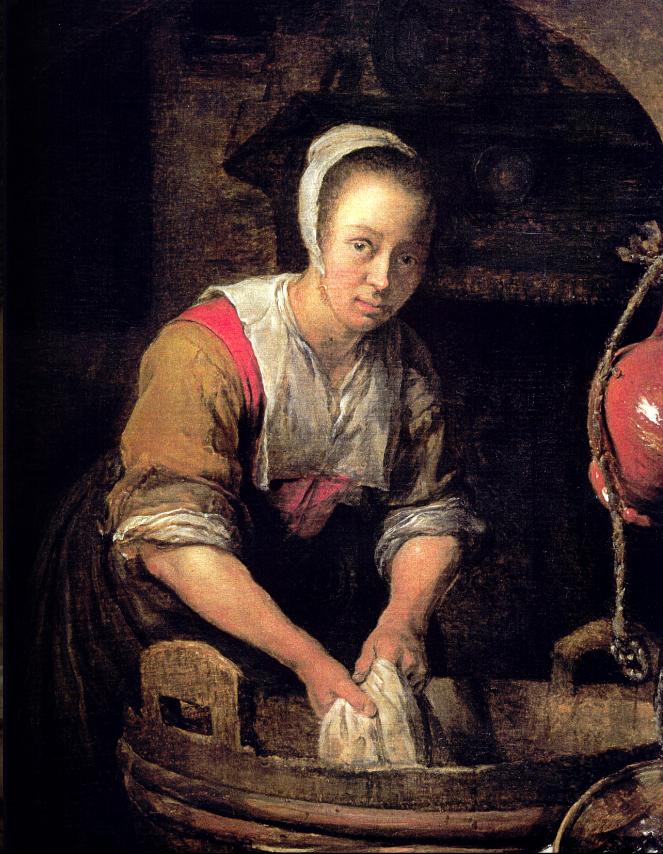verminstar gives a good example of the imprecision of the terms "nationalist" and "globalist"I think theres some confusion as to what nationalism means to some...to me its the enemy. The IRA in northern ireland were staunchly nationalist as are all the republican parties...they are not what I support at all as they have little respect fer different cultures within their own borders.
Globalization...I view this as a buzzword used by the establishment to justify their financial decisions...Ill fight against that till my last breath because I hate the establishment with a passion. I ddnt see globalization as a good thing...why would I want to be united with a world full of people who I dont feel any connection with? Not to mention the part where this is not only a united ireland, which I have opposed my entire life and still strongly oppose, but a united planet?
Just no...I fear it would cause far more problems than it would solve...apart from the establishment who are in it to make profit...their ambitions are clear and they care little fer anyone else but themselves. The little people are nothing more than human resources to them...why would I want them in charge?
he also raises an interesting point.
Northern Ireland is a historical anomaly. Any sensible (in a geographical sense) drawing of national boundaries would have Ireland as one country.
Yet there would be many in the united Ireland who would identify more strongly with the UK than Ireland. Should Ireland become united and take a nationalist turn those people would (logically) be required to "go back to where they came from".
Of course a tolerant Ireland would seek to integrate those people, in the same way that there are many people in the UK, who identify as being from the UK whose ancestors came from Ireland (or Italy or Poland or wherever).
There is (without trying to dig at Verminstar) a certain irony to his position, in that being part of a larger group of countries where decisions that affect him are being taken over the water by a body who he didn't directly vote for is both exactly what he despises (the EU) and what he wants (NI to remain in the UK).
I would also argue that he makes the strawman argument, that globalisation is about a united (in the sense of one government) world.
I would use the term "united" to mean not "the global government" but the working together of the various national governments towards common goals - reduced poverty and disease, less warfare and violence, improved quality of life, not destroying our ecosystem.
This doesn't mean we all have to wear the same clothes, speak Chinglish and agree on religion.
another odd area of the nationalists (in OP sense) world view is that they often resent governments telling them what to do they want to be rugged individualists, fighting all who would prevent them living life how they want (I slightly exaggerate for effect). Yet they are often very happy to deny those exact rights to others. What about the boy growing up in Baghdad who wants to be a fashion photographer? The girl from Syria or Somalia who wants to be a Doctor or Engineer? How would they feel if, thorough the lottery of birth, they were born in North Korea? surely a fundamental right should be, if you don't like the country you are in (maybe it's too religious for you, or not religious enough, or too socialist or allows or doesn't allow , maybe they don't allow you to own guns), rather than change the country you are in, why not try and move to the country that suits you?
By effectively saying "you're stuck where you are born" you invite conflict. would the world not be a better place if all those who want to live in an extreame muslin theocracy, just went and lived there. If you want to live in a minimal government, minimal welfare country, just go and live there. Communist utopia your cup of tea? Go live there.
note that this line of reasoning (move country, don't try and change the country) rifts slightly into the "nationalist" arguments of Wilders and the like who are opposed to "non-dutch values" and also touches upon the tolerance paradox.



